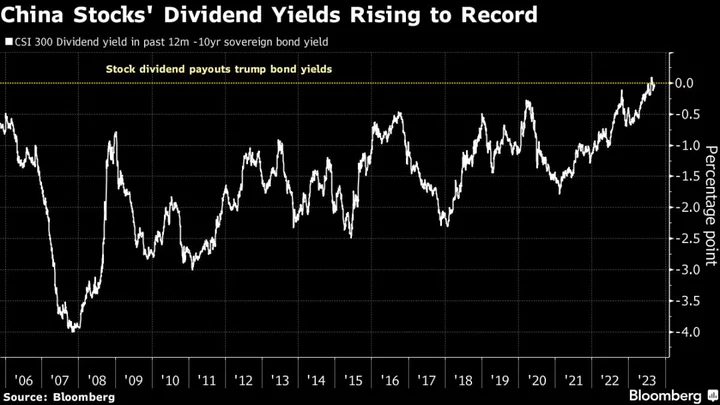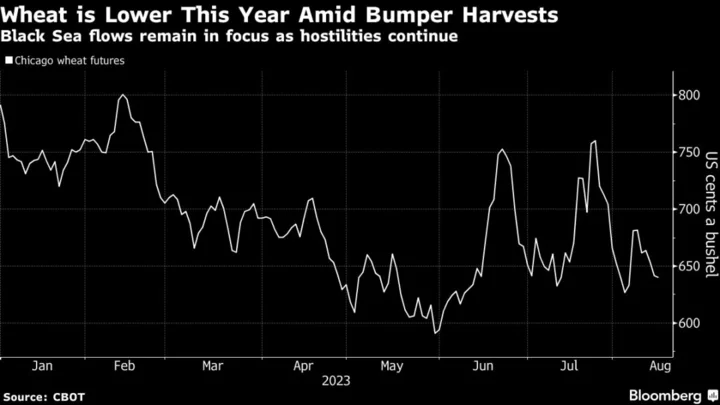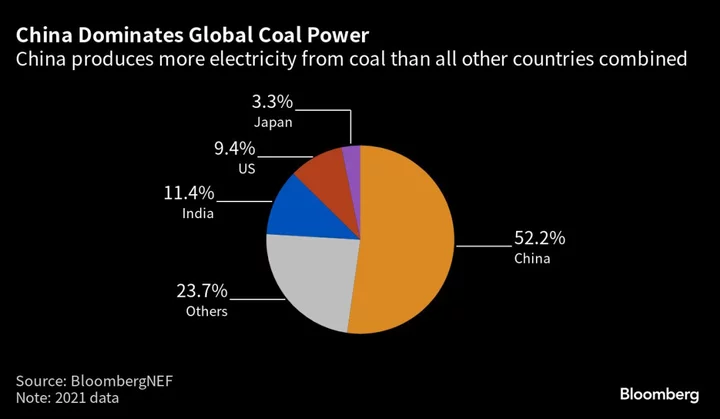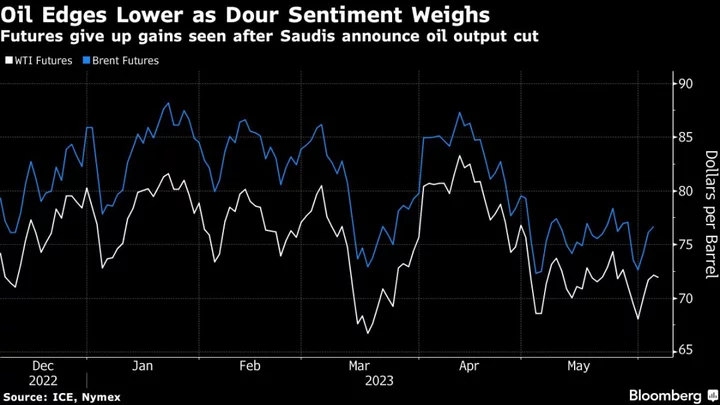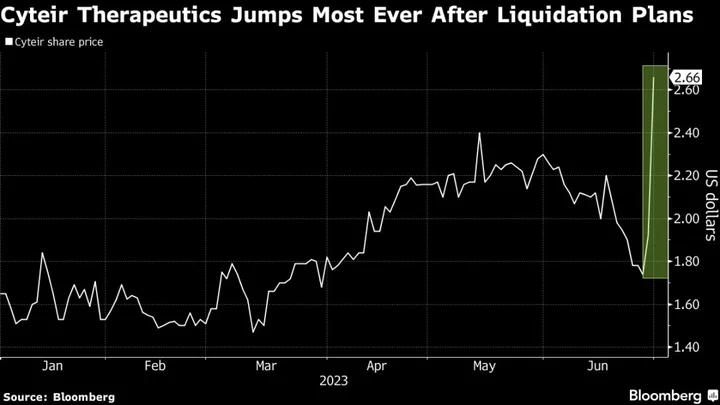China’s top-down vow to rejuvenate markets hasn’t resonated with investors, as initial excitement evaporates in a mire of continued troubles for the country.
Nearly two months after authorities surprised investors by pledging to “invigorate capital markets and boost investor confidence,” traders are not biting. The MSCI China gauge declined more than 1% on Thursday to head for a 10-month low. The onshore benchmark CSI 300 Index touched a fresh low for the year earlier this week, while the tech-heavy ChiNext Index is at its lweakest level since 2020.
What’s more, net foreign outflows from equities show no sign of abating, with sales of 23 billion yuan ($3.15 billion) so far this month after a record 90 billion yuan selloff in August.
This dismal picture comes despite a slew of moves from the Politburo, including halving of the securities trading stamp duty, restricting share sales, slowing the pace of new offerings, doubling down on punishments for illicit trades, and scrutinizing quant trading. Still, broader worries about the property sector and economy continue to dominate. China still needs to ramp up support to achieve the government’s growth goal of around 5% this year, said a former central bank official.
“Though market regulators have come out with a multitude of measures to invigorate capital markets, investors are looking on undecided,” said Wang Dan, chief investment officer at Shenzhen Sunrise Asset Management. “More proof of improving fundamentals are in want to push stocks higher.”
She also noted that many funds are in the red for the year, making their managers less eager to trade because it would lock in losses.
Here are some more charts showing the situation for Chinese stocks:
The capital market is far from energetic, with daily average turnover poised for a third straight week of declines. It’s been mostly below 1 trillion yuan for nearly three months, and fell to the lowest level since October on Wednesday as investors wait on the sidelines. The fact that a week-long national holiday is starting next Friday has added to the cautious mood.
Daily moves onshore are less volatile given directionless trading, with trading in the Shanghai Composite Index mostly muted in recent weeks. A one-standard-deviation move on the gauge has dropped to 0.7% in September, compared with 1.1% over the past three years.
Breadth is poor: Fewer than 2% of the more than 5,000 stocks trading in Shanghai and Shenzhen are at fresh six-month highs. That’s less than a third of the five-year average.
The equity selloff is helping make dividend-paying shares more attractive. The yield on dividends for companies on the CSI 300 Index has for the first time surpassed the yield on the 10-year sovereign bond, with the former now around 2.6%. Regulators’ increased oversight of firms that aren’t sufficiently distributing profits may drive the gap higher.
Valuations have also tumbled, with the benchmark gauge trading at under 11 times forward earnings, according to Bloomberg-compiled estimates, trailing the five-year average of nearly 13 times.
(Updates throughout.)

